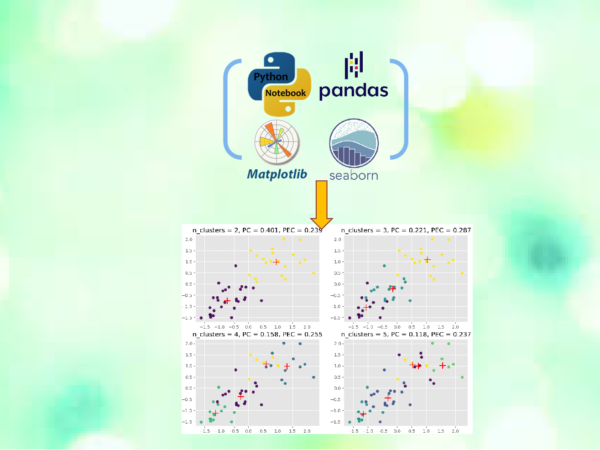Use Python and the fuzzy-c-means package to easily implement fuzzy c-means clustering on a real-world dataset
In the previous, we have talked about three clustering algorithms, namely K-Means Clustering, Hierarchical Clustering, and DBSCAN Clustering. We continue to demonstrate another well-known clustering algorithm, called Fuzzy C-Means (FCM).
Fuzzy C-Means (FCM) is a clustering algorithm used to group similar data points based on their similarity with each other. It is an extension of the K-means clustering algorithm, which assigns a data point to only one cluster. FCM, on the other hand, allows a data point to belong to multiple clusters with different degrees of membership.
In this article, we will use Python and the fuzzy-c-means package to implement FCM on a real-world dataset. The fuzzy-c-means package is a Python library that provides an implementation of the Fuzzy C-Means clustering algorithm. It can be used to cluster data points with varying degrees of membership to multiple clusters. We will use the fuzzy-c-means package to cluster a crime dataset.



